We have much more to do and your continued support is needed now more than ever.
A Cool Summer Job in Conservation
Delaware River Fellows work to raise environmental awareness in their communities
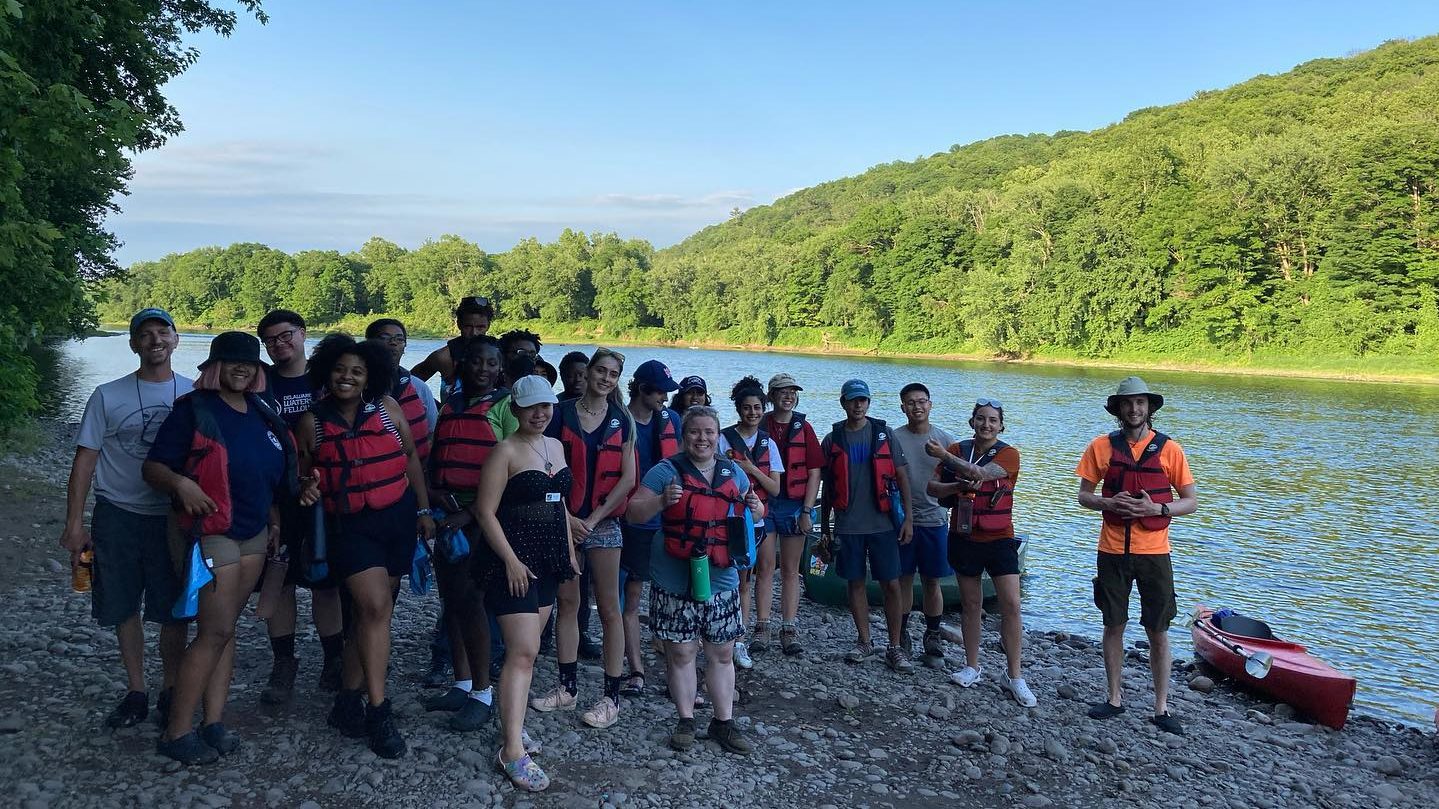
Air Dunkley began rowing competitively in 7th grade. His 6’7” frame carried him to success through high school and into college, but as much as he gave the sport, the sport also gave back to him. Air’s deep connection with the water on which he rowed helped him decide to become a 2022 Delaware River Watershed Fellow at DuPont Environmental Education Center of Delaware Nature Society (DEEC), a National Wildlife Federation Affiliate, and may just set him on a new career path.
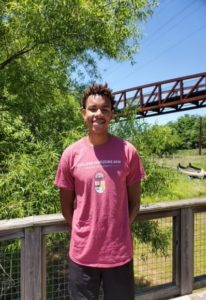
Now in its sixth year, the Delaware River Watershed Fellowship cultivates young environmentalists to be agents of change, to bring their knowledge and interest in habitat conservation to their communities, and to encourage the enjoyment, use, and care of the natural areas in the watershed. For Air, it’s the chance to hone his career pathway within the environmental field as he continues to complete his undergraduate degree in environmental science at Saint Joseph’s University.
As described in this Public Service Announcement, the 2022 cohort of Fellows have participated in a 12-week paid program at one of 23 environmental education centers in the Delaware River Watershed.
These 23 centers comprise the Alliance for Watershed Education (AWE), an initiative funded by the William Penn Foundation and managed by the National Wildlife Federation Mid-Atlantic staff that seeks to collectively increase and enhance constituent access to and stewardship of the Delaware River watershed.
Air is an active tribal member of the Nanticoke Lenni-Lenape tribe which helps him view environmentalist concerns through an Indigenous lens. His Capstone focused on realizing the connection to nature for urban Wilmington residents and increasing the community’s appreciation for the natural environment. Air developed interactive programming at the site which borders 212 acres of freshwater tidal marsh adjoining the Christina River. This project allowed him to engage with majority Black residents that live by DEEC, and deepen the connections residents have to the natural spaces in their community.
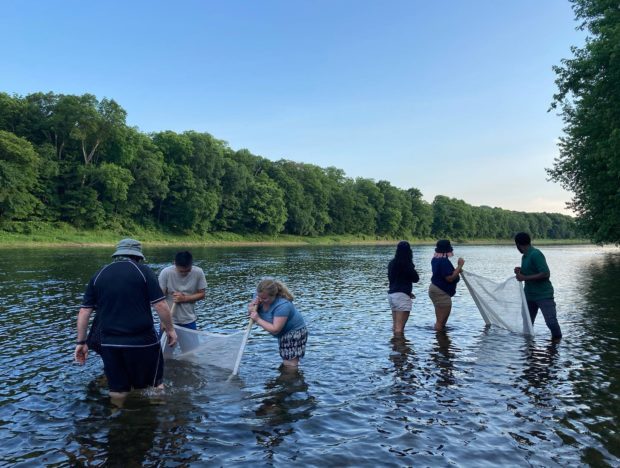
Throughout the summer, Air and his peer fellows worked with nature center staff on habitat enhancement projects, community outreach and engagement. They toured the Delaware River Watershed, visiting Alliance for Watershed Centers and broadening their understanding of watershed health and regional conservation issues.
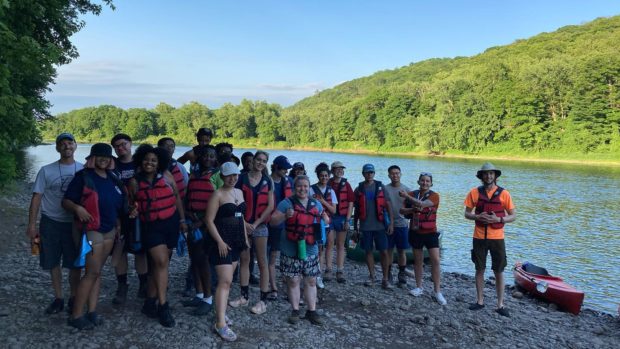
Fellowships culminated in mid-August with a Capstone Summit where each Fellow presented his or her research, findings, and experiences. Capstone projects encompassed a wide range of topics including a community water testing program, the creation of a floating wetland to reduce pollutants, development of a board game about habitat loss and fragmentation, watershed clean-up events, and an education program about the dangers of microplastics in the watershed.
The Capstone Summit is a rewarding event that brings together the watershed education and hands-on experiences of all the Fellows and demonstrates, as expressed by a Fellowship alumna that “…the Fellowship helped me connect environmental concepts to real issues and locations in my community.”
Beyond the 12-week summer Fellowship program, the Alliance continues supporting the Fellowship alumni as they take their next professional steps. By sharing job opportunities and access to professional development training, such as AWE’s Watershed Professionals Institute, AWE strives to help alumni enter the environmental field with confidence. For Air, it gives him a sense of what working in environmental education means, creates connections that will last a lifetime, and most importantly gets him – and communities like Wilmington – out on the water.



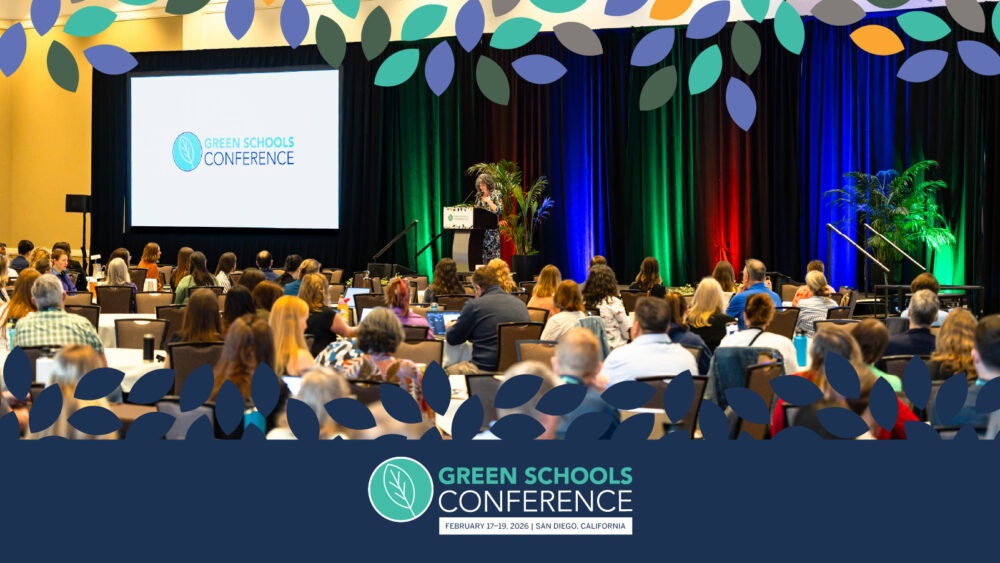

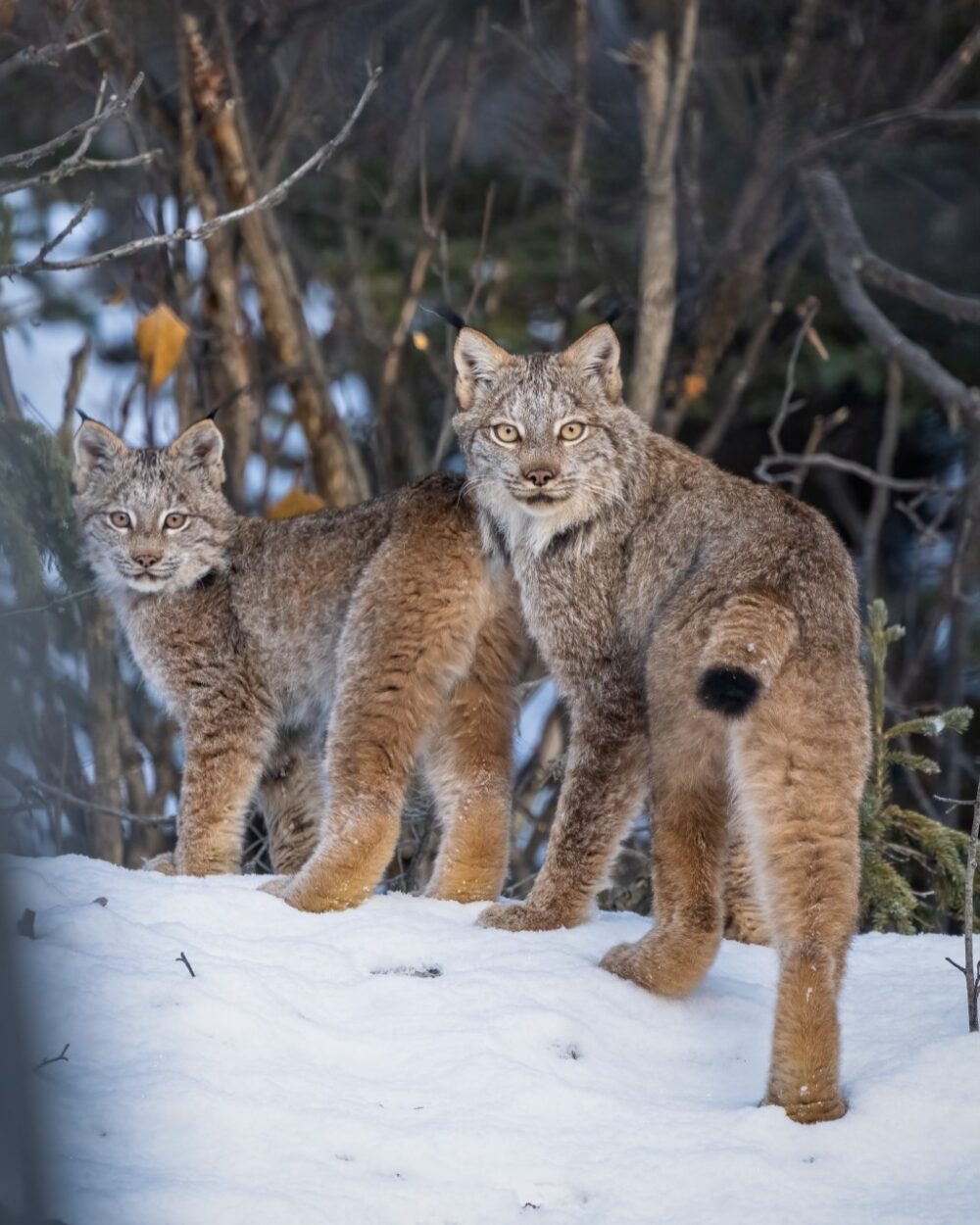
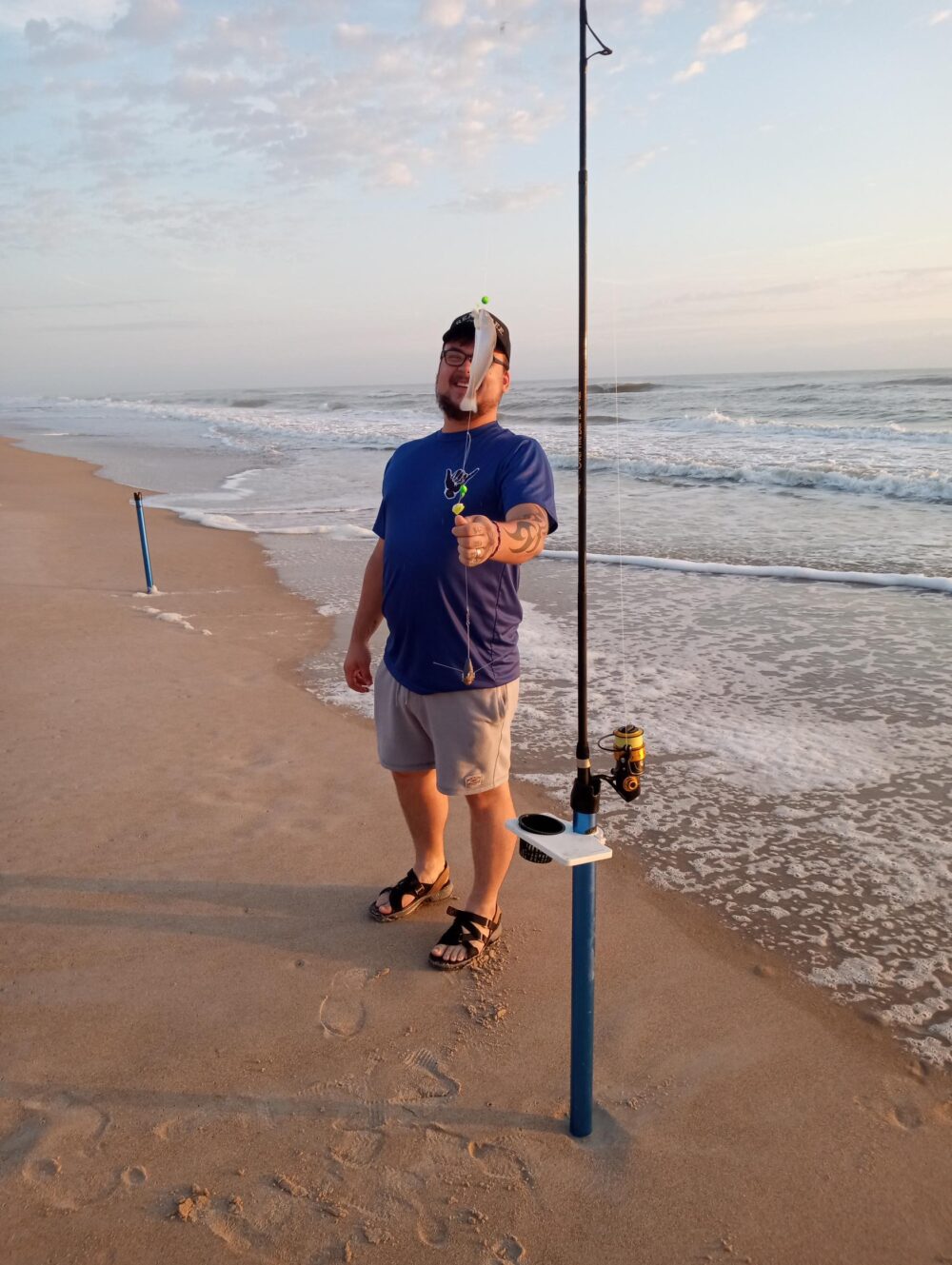
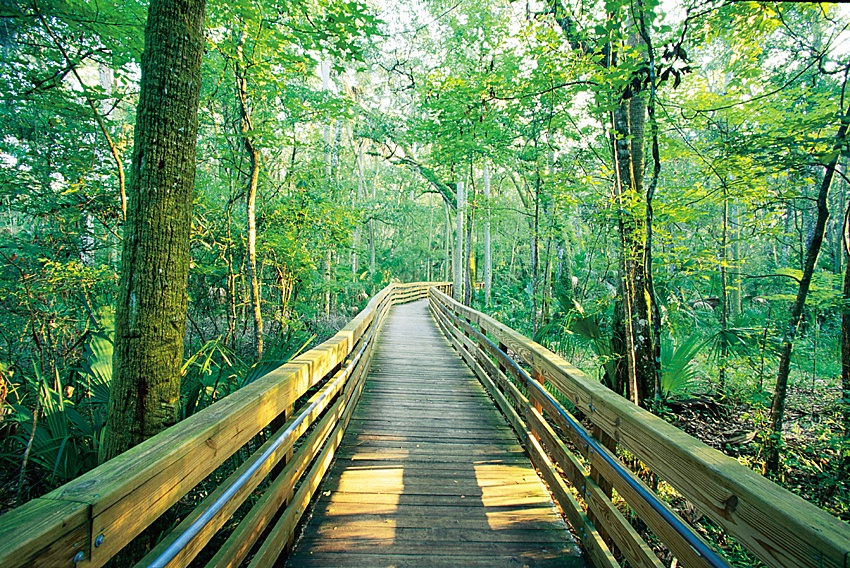
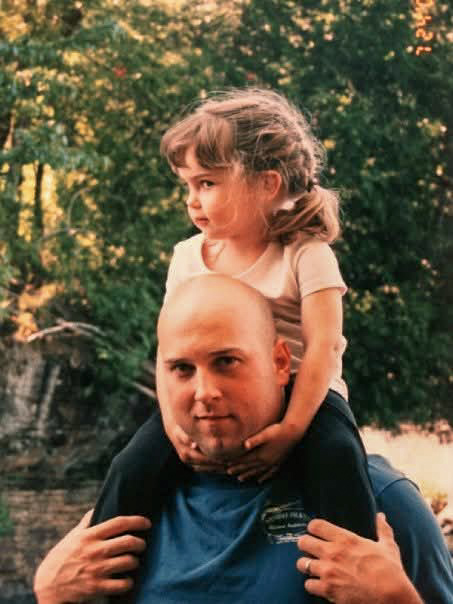



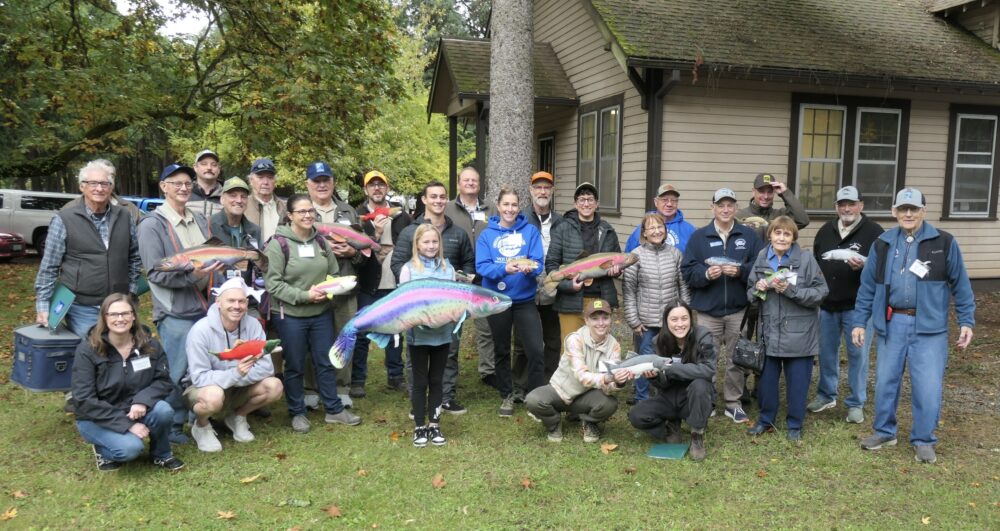





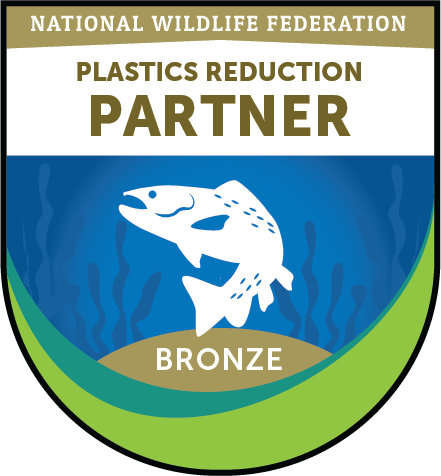


Building Momentum: What’s Next for Beaver Conservation in Colorado